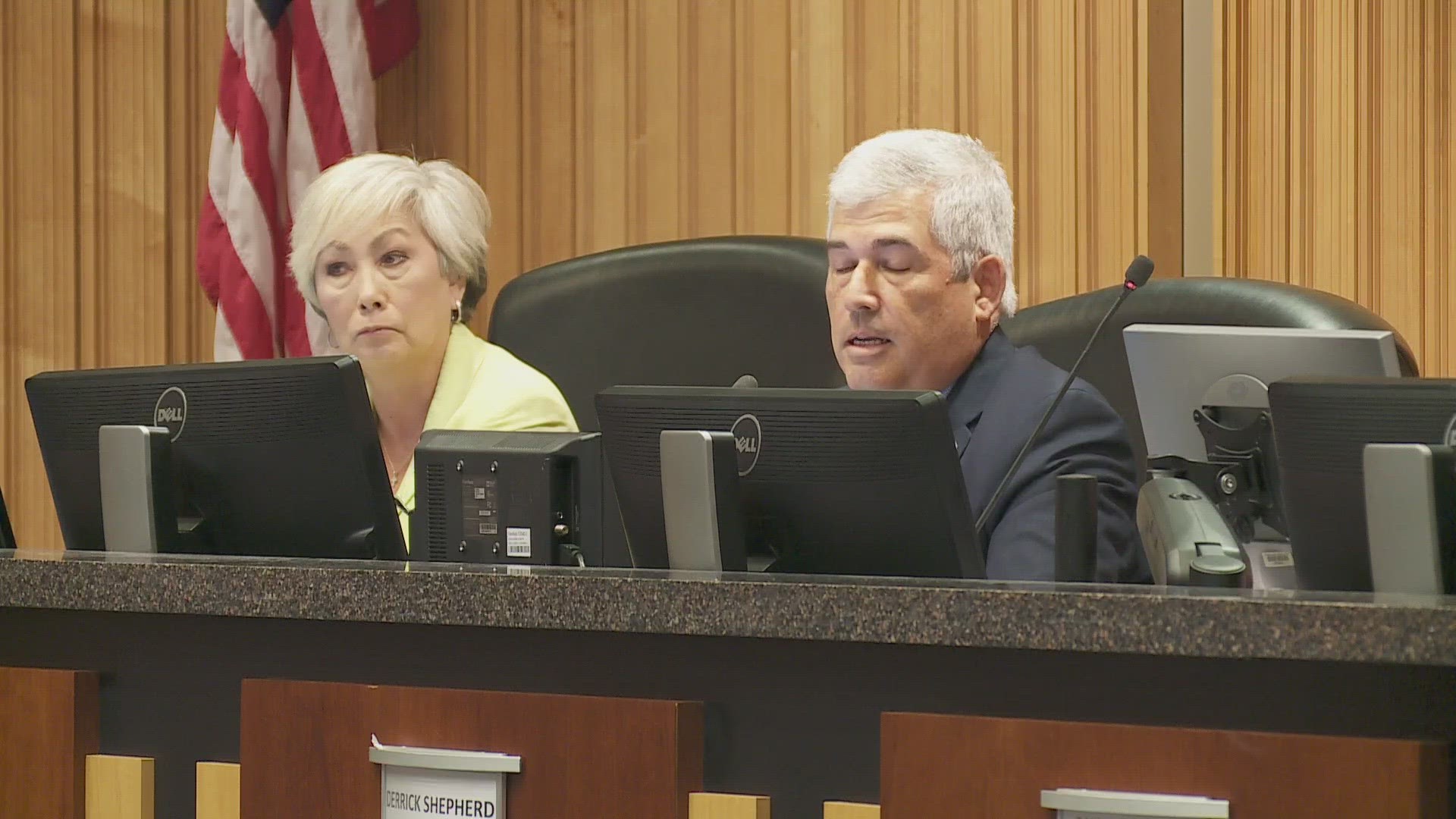By: Latinola.news Staff Writer
JEFFERSON PARISH, LA — In Big Easy community of Jefferson Parish, where approximately 432,000 Hispanic residents call home, a pressing issue lurks beneath the surface: the underrepresentation of Latino children in local child care programs. According to recent findings from the Jefferson Ready Start Network (JRSN), out of the thousands of Hispanic families residing in the area, only 835 Latino children under the age of 5 are currently enrolled in child care facilities. This disparity raises critical questions about accessibility, affordability, and cultural inclusivity in child care services.
The national conversation on child care policy, a topic that has garnered bipartisan interest yet remains deeply divisive in execution, resonates profoundly within Jefferson Parish’s Hispanic community. The $1.75 trillion federal spending plan, which includes a significant allocation for child care, aims to address such disparities. However, the local impact of these policies and the specific challenges faced by Hispanic families in Jefferson Parish are often overshadowed by broader political debates.
Senator John Kennedy of Louisiana, a vocal advocate for affordable child care, compares opposition to the issue to being against universally beloved golden retrievers. Yet, his concerns about funding these initiatives reflect a broader hesitation in Congress, where responses to child care policy inquiries show a clear partisan divide. Out of 535 members, only 142 responded to a survey on their stance on federal child care policy, with a majority being Democrats. This political stalemate at the national level has tangible repercussions for families at the local level, particularly in areas with significant Hispanic populations like Jefferson Parish.
The underenrollment of Latino children in child care in Jefferson Parish is not just a number; it’s a symptom of deeper systemic issues. Factors such as language barriers, cultural differences, and economic constraints play a significant role. Many Hispanic families might not have access to information about available child care programs or simply cannot apply because of language barriers. Furthermore, there’s a need for culturally sensitive care that respects and integrates the rich heritage and traditions of the Latino community.
As the nation grapples with the future of child care policy, inclusive, accessible, and affordable Latino children are being left behind.









